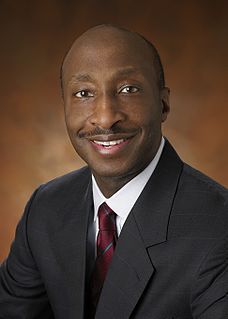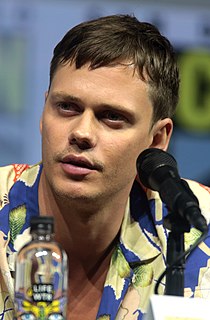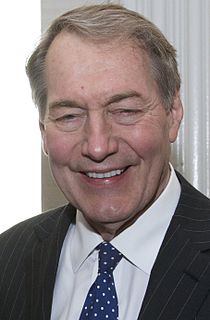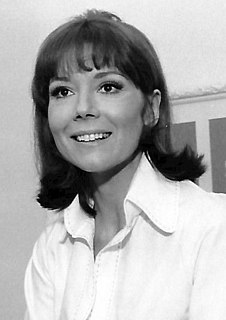A Quote by Nick Corcodilos
I think what's happening is companies are trying to maximize shareholder value and I think they realized that if they could hire more effectively, they would. What I'm suggesting, though, is that human resources departments in most companies have become so detached - have become such a bureaucracy - that they have become clueless. They don't realize that the processes they have put in place have very little to do with recruiting, retaining and bringing on talent.
Quote Topics
Related Quotes
It's no longer terribly sexy to own shares in certain companies; it used to be that being a shareholder in a corporation would connect you with it. The result is that people really want to invest in valuable things, and contemporary art has become a very stable material value with great growth potential.
I think the best value to leaders is understanding the generations for the purpose of integrating a younger workforce and transferring knowledge from an experienced workforce. I also think smaller companies may not have the resources for management training or recruiting and therefore there is not a lot of margin for error.
I think we're skating on surfaces. I know it in my own life - and I think that is where this frustration comes in. It's not the place we want to be, but it's the place our society requires that we be. There is no fulfillment there. So we become numbed, we become drugged, we become less than we are. And I think that we know that.
I don't think I would ever be a doctor, but the reason I majored in science was because you could become a civil engineer, you could become a biologist, you could become a computer scientist - that was the point of it. I had no idea what I wanted to do. In my last two years of high school here happened to be these few scripts that I really responded to. Eventually, I landed the job, and that was something that I felt transcended whatever other people would think of me.
Now the Japanese companies are more focused on that. To have two independent directors - I think it's good to have outside people look at you and think of what you could be doing better. Those are voluntary, but most of the companies told me they're going to do it. And I think it's good for them to say our returns on equity, for example, should be higher. Also, I think some could be more ambitious.
Technology isn't simply addictive - it's addictive because it's a servant to business incentives. There are huge departments in these companies that are devoted to this and staffed by incredibly talented people who have skills that could be put to socially beneficial projects but who are now trying to find out how to make you click and how to maximize your time on a certain site, or encourage teenagers to "friend" more products and constantly engage with them.
Today's consumers are eager to become loyal fans of companies that respect purposeful capitalism. They are not opposed to companies making a profit; indeed, they may even be investors in these companies - but at the core, they want more empathic, enlightened corporations that seek a balance between profit and purpose.
You become things, you become an atmosphere, and if you become it, which means you incorporate it within you, you can also give it back. You can put this feeling into a picture. A painter can do it. And a musician can do it and I think a photographer can do that too and that I would call the dreaming with open eyes.
It would be wonderful to become what Oprah has become: she is in such a class of her own, as an entrepreneur, as a performer and an icon. The idea of building a series of programmes and choosing people that I think have talent to do them would be a very interesting idea. I would love to show that television can have soul, depth and range.



































